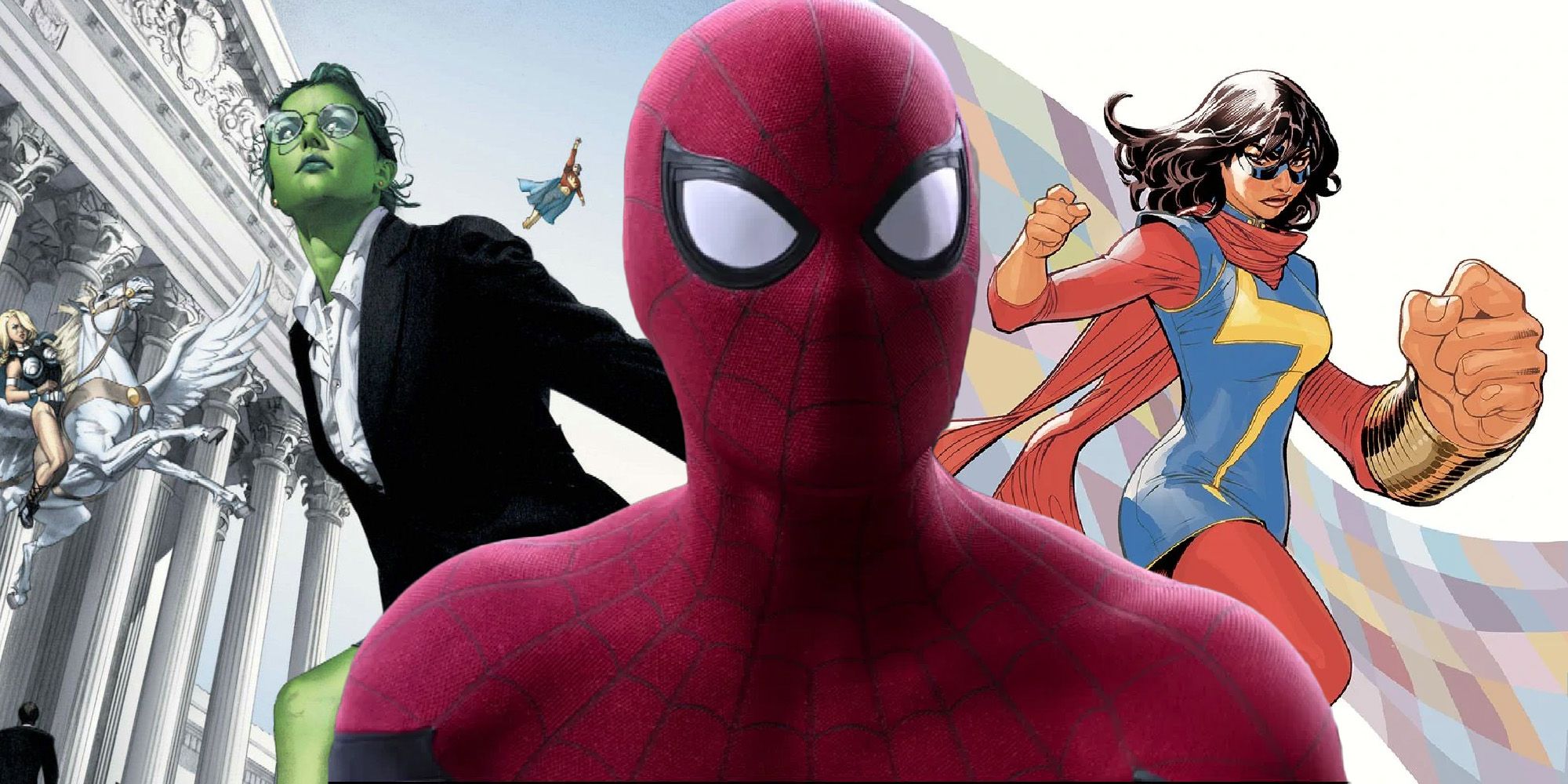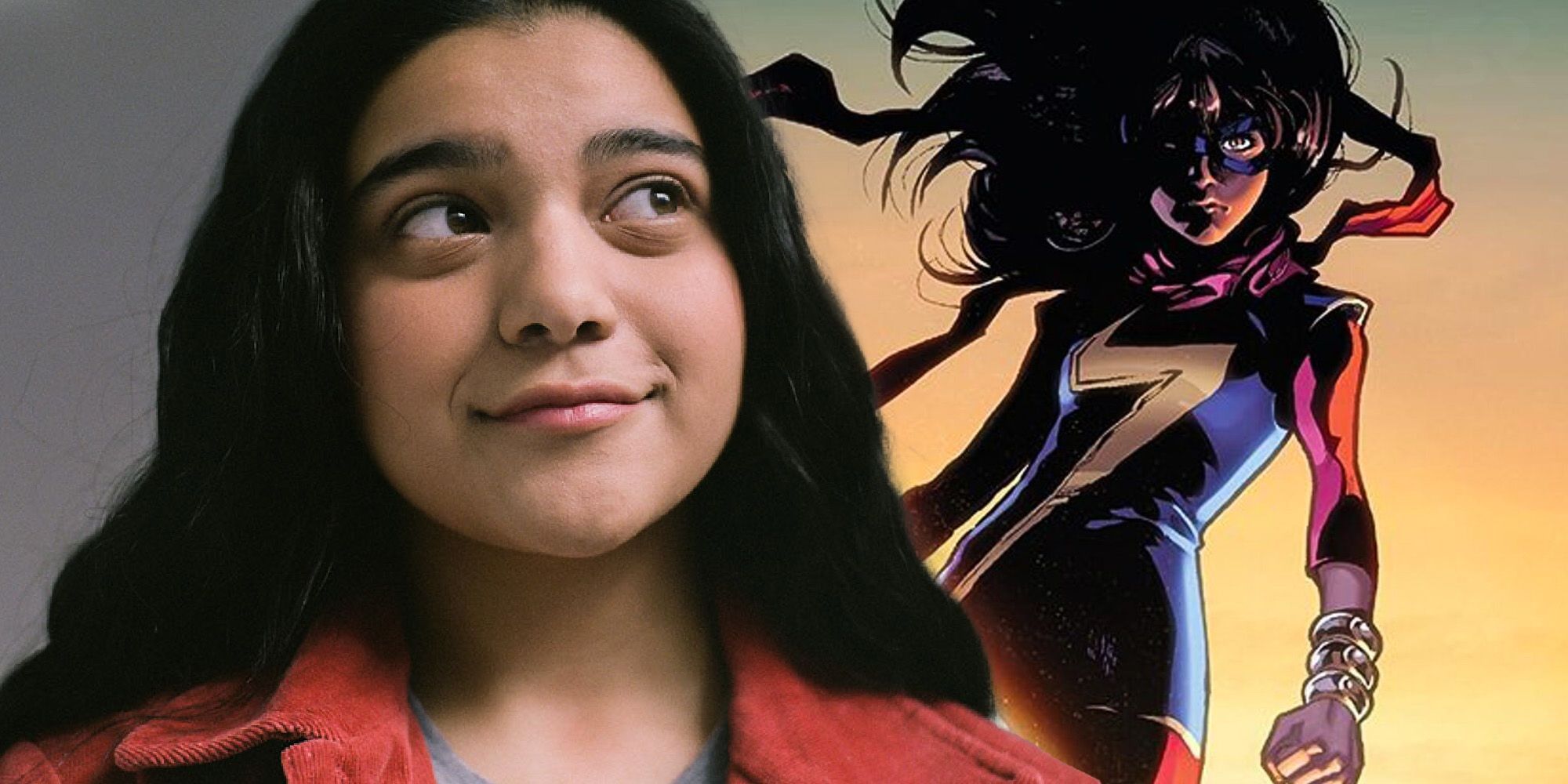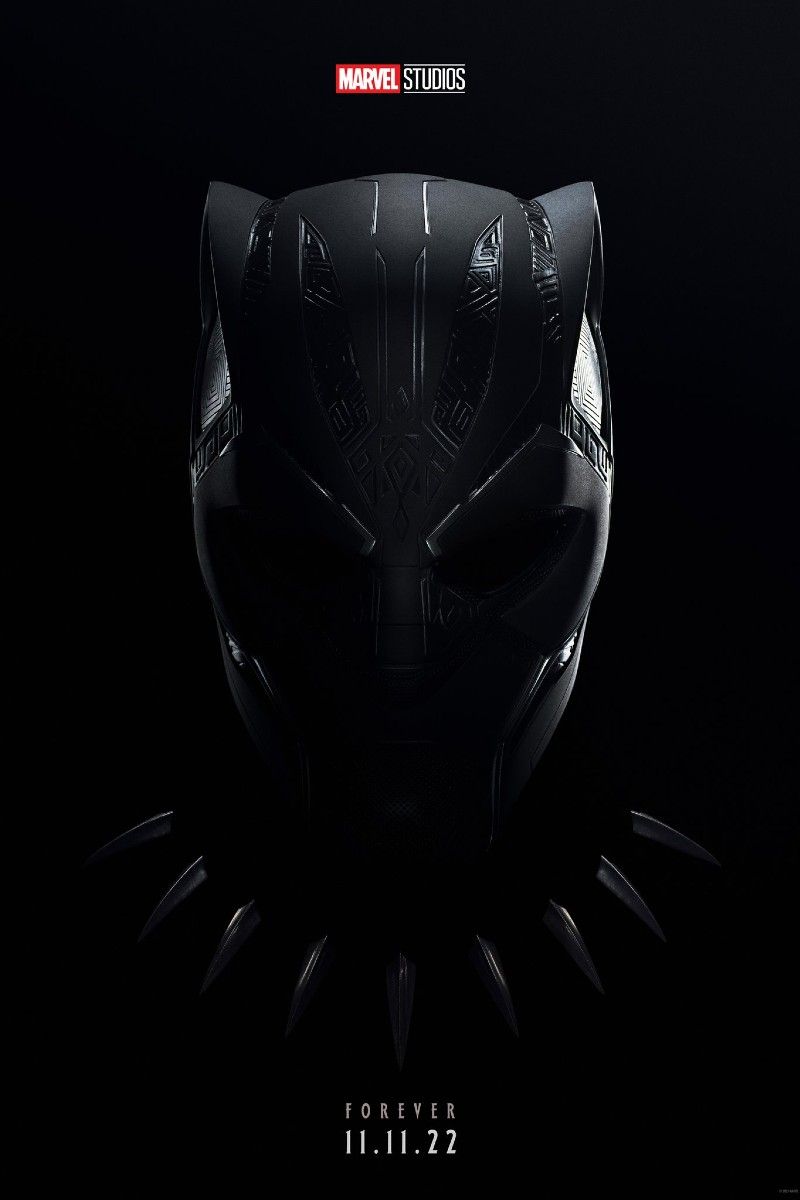The Marvel Cinematic Universe should reverse the storyline from Captain America: Civil War and give the superheroes back their secret identities in Phase 4. The government enacted the Sokovia Accords in Civil War, which stipulated the United Nations would have a panel responsible for overseeing all superhero activity. In short, the UN would control their actions, and the superheroes would additionally have to give up their secret identities.
Iron Man broke the mold when Tony Stark revealed his identity as the armored hero at the end of the film. Since then, the MCU has played fast and loose with secret identities, typically leaving them by the wayside in favor of the public knowing who most of the superheroes were beneath their masks. Captain America: Civil War established the Sokovia Accords rather than going the route of the comics’ Superhero Registration Act, which forced the vigilantes to reveal their alter-egos. While the movie tweaked it so it was less about their secret identities, the UN still sought the heroes’ legal names for the record, and there’s no telling whose hands the information could get into.
While Civil War would have outed the remainder of superheroes publicly, the MCU’s first three phases didn’t really handle the repercussions of what a public superhero persona would actually entail. Would Tony Stark be as beloved by the people? If the public didn’t actually like what the superheroes were doing, wouldn't that make characters like Peter Parker and Bruce Banner targets? That, in turn, would affect their loved ones as well.
Following Spider-Man’s unmasking in Spider-Man: Far From Home, the MCU should reestablish every superhero’s secret identity for safety purposes. It’s safe to assume Mysterio outing Peter means everyone he knows personally might be threatened. During the Civil War storyline in the comics, Peter reveals his identity, and it results in the death of his beloved Aunt May. It gets so bad he asks Mephisto, an extra-dimensional demon, to erase everyone’s memories of his secret identity.
What’s more, the MCU is about to introduce Ms. Marvel, She-Hulk, and is rumored to be bringing in Daredevil now that the rights to the character have reverted back to Marvel Studios. Ms. Marvel is the teenage Kamala Khan, and it’s pretty devastating to imagine how her personal life could be upended by the reveal of her secret identity. She’s still young and, considering the fact she is a Pakistani-American Muslim, it could leave her open to hate and threats to her family. There’s no reason to risk her identity in this instance, and the public doesn’t have a right to it, either. In the case of She-Hulk, Jennifer Walters’ career as a lawyer might as well be over if the public got wind of who she really was. The same goes for Daredevil, whose civilian identity as the lawyer Matt Murdock could jeopardize his reputation as a defense attorney.
In 2013, Marvel Studios president Kevin Feige stated he and his team weren’t very keen on having secret identities in the MCU because it’s been “overplayed for a long time.” Despite that line of thinking, the MCU Phase 4 should be a reset regarding superheroes and their return to having secret identities. If nothing else, Spider-Man: Homecoming 3 will have to contend with this concept. It could pave the way for the remaining superheroes to rethink how public their alter-egos should be.








